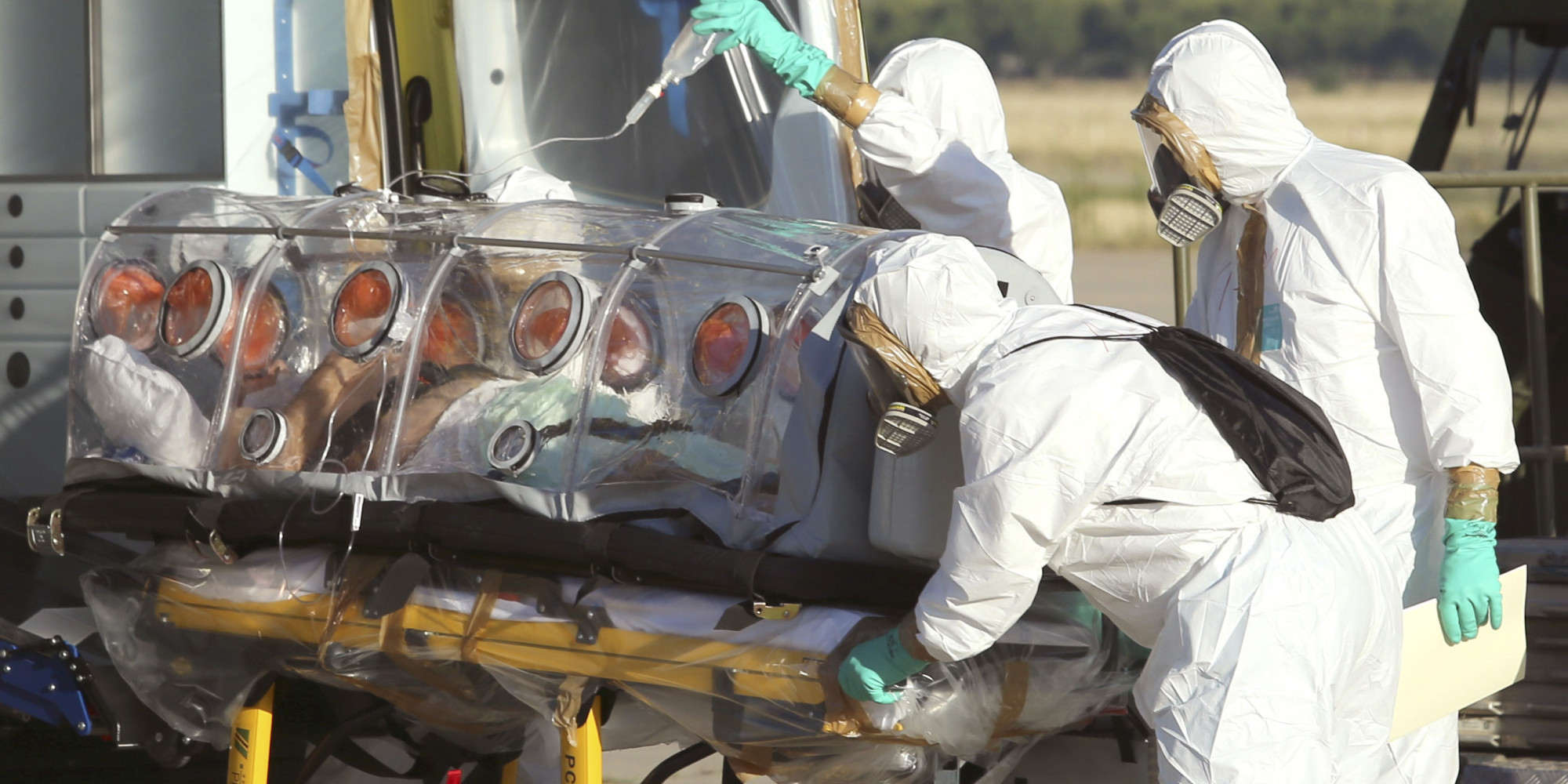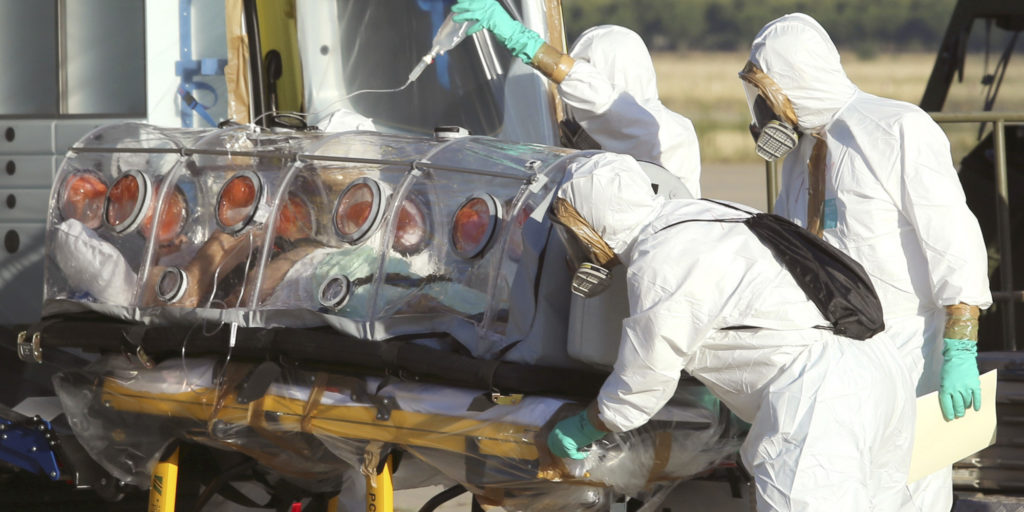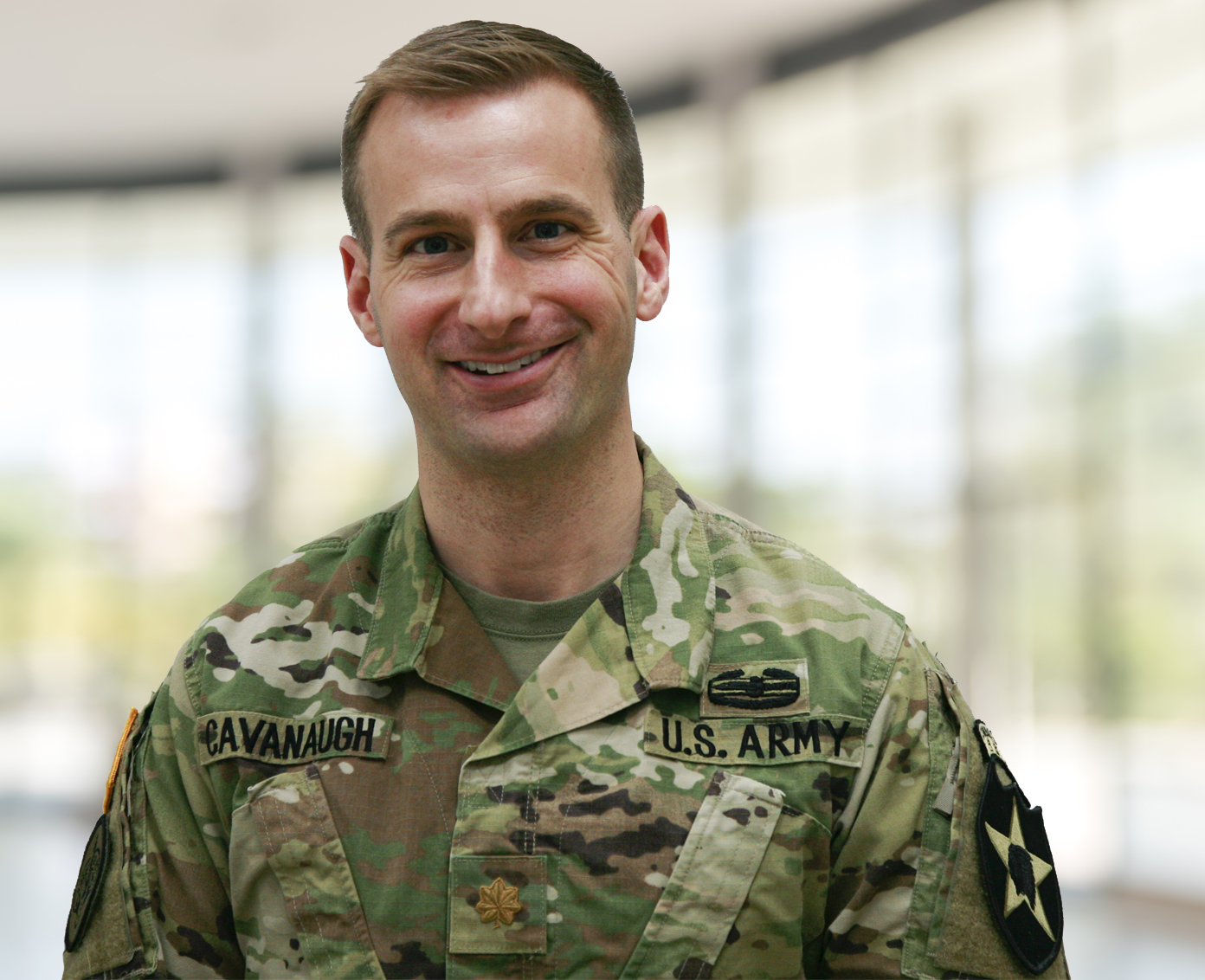Mother Nature is the world’s greatest murderer – far better than Stalin, Mao, Hitler, and Pol Pot combined – yet the military weirdly refuses to take infectious disease and pandemics seriously.
Fact 1: Global deaths caused by infectious diseases are the cause of roughly 16% of total deaths worldwide (annually measured in the tens of millions). The Spanish Flu killed an estimated 50-100 million people, more than all the wars the 20th Century combined.
Fact 2: Global battle deaths, caused by war, have decreased significantly percentage-wise and in total figures (annually measured in the thousands); such numbers even bear out the pithy comment that war is “going out of style.”
What’s more likely to kill Americans? What’s more likely to deprive us of our way of life? ISIS is bad, North Korea can be horrifying, but none comes close to the threat a truly widespread pandemic would represent to day to day Americans.
The military used to take disease seriously; there is historical precedent here. General George Washington wrote in April 1777 that smallpox was “more destructive to an Army in the Natural way, than the Enemy’s sword.” From Washington until World War I, infectious disease took more soldiers’ lives than battle. But over time, the military turned this tide: A British Royal Navy surgeon proved citrus treated scurvy; Army Major Walter Reed, while in Cuba, confirmed yellow fever was transmitted through mosquitos rather than human contact. Across the Pacific, the US Army set up the Tropical Disease Board in Manila, which lasted until the 1930s and made advances against beri-beri, plague, malaria, and dengue. The Office of Malaria Control in War Areas, established in 1942, was deemed so successful in its efforts that it survived to be known today by another name: the CDC. These military efforts abroad directly contributed to the eradication of malaria, yellow fever, and other diseases – and saved American lives at home.
Once again, it’s time for the military to take pandemics seriously; a good place to start would be to establish a natural home for the mission with the National Guard.




An essential but often overlooked aspect of national security which fortunately and skillfully MWI has highlighted here. For information on The US Defense Intelligence Agency’s National Center for Medical Intelligence’s work and it’s Director, see:
http://www.dia.mil/News/Articles/Article-View/Article/566956/introducing-dr-kathryn-morici-ncmis-new-director/